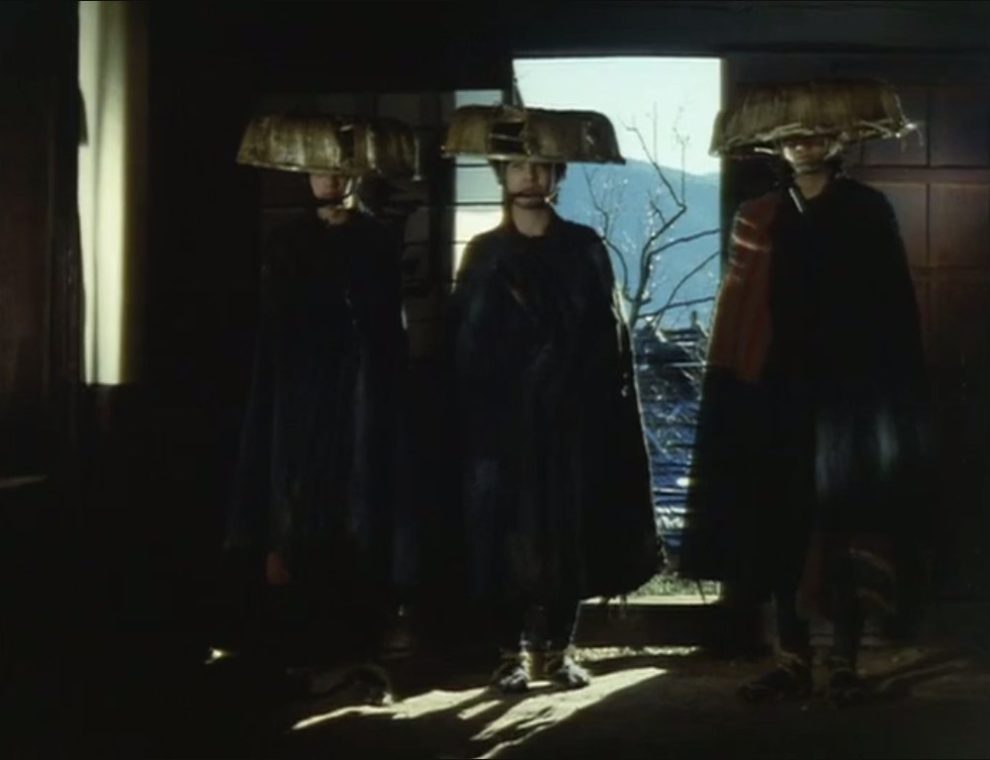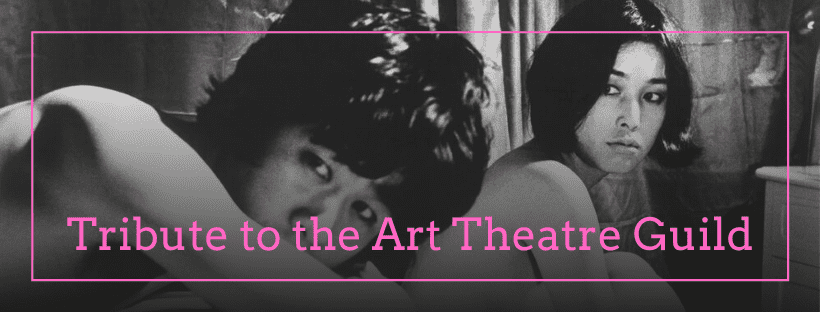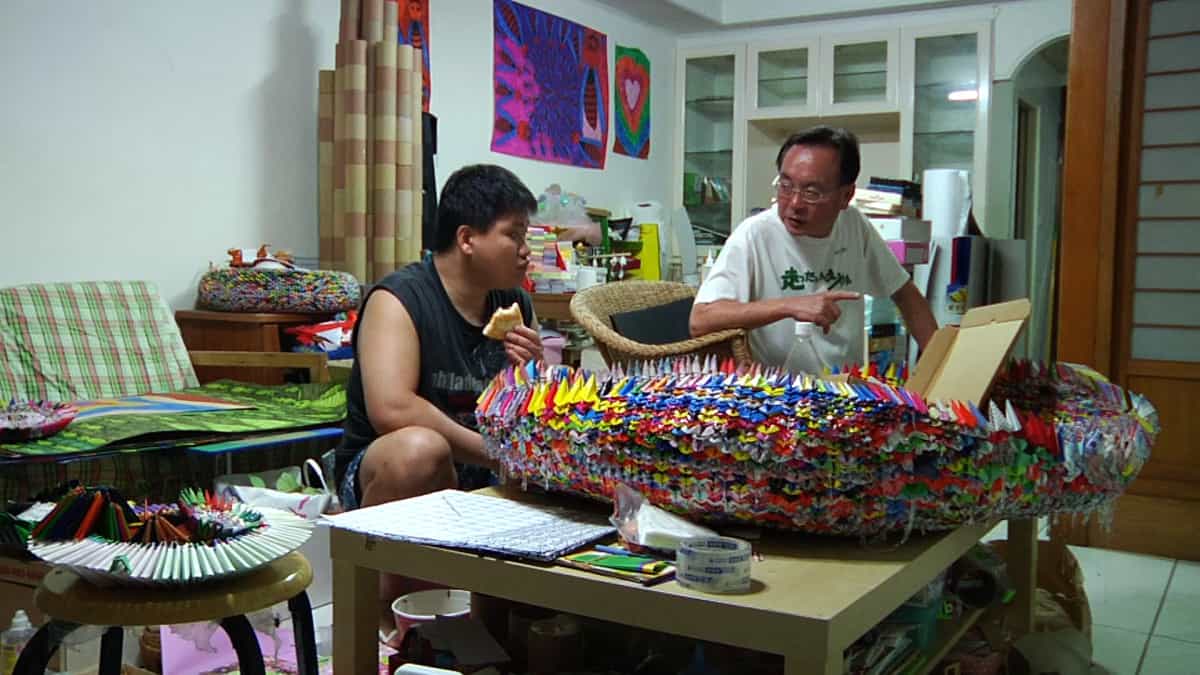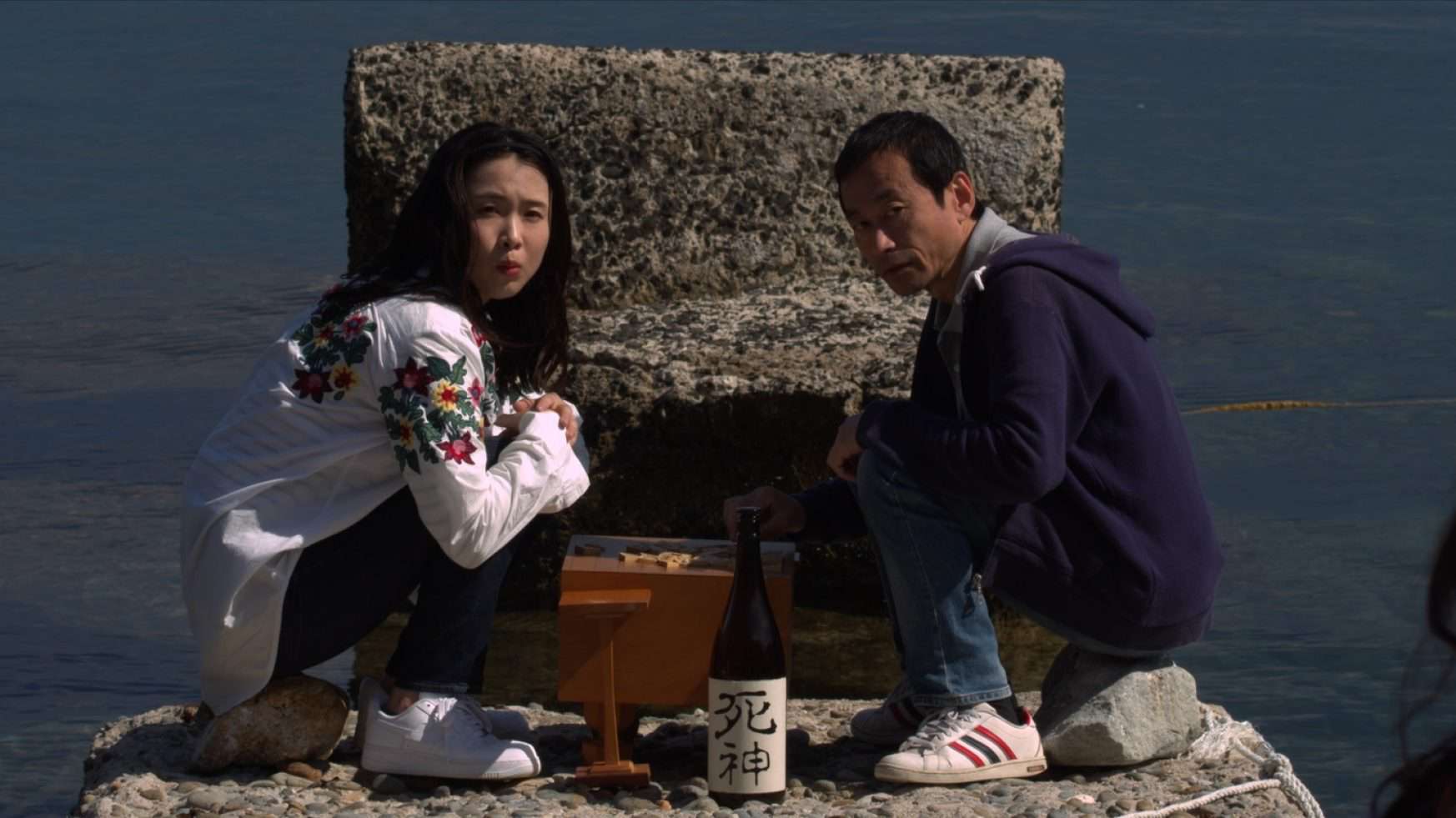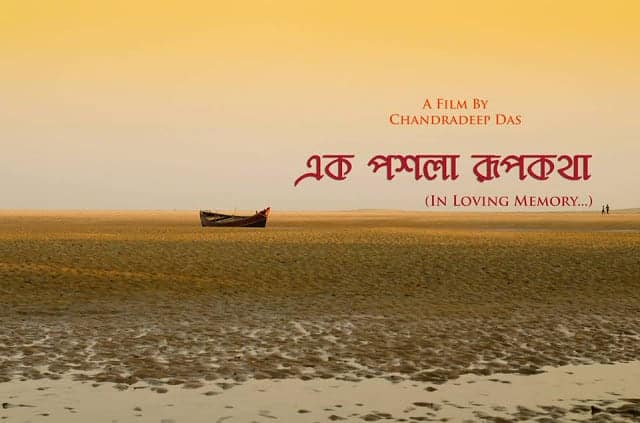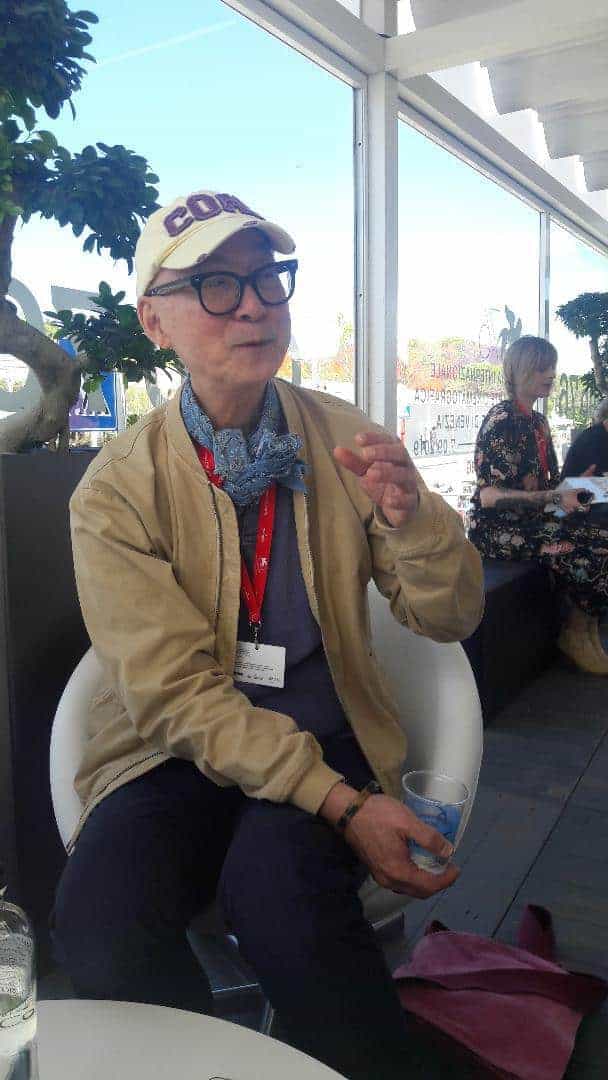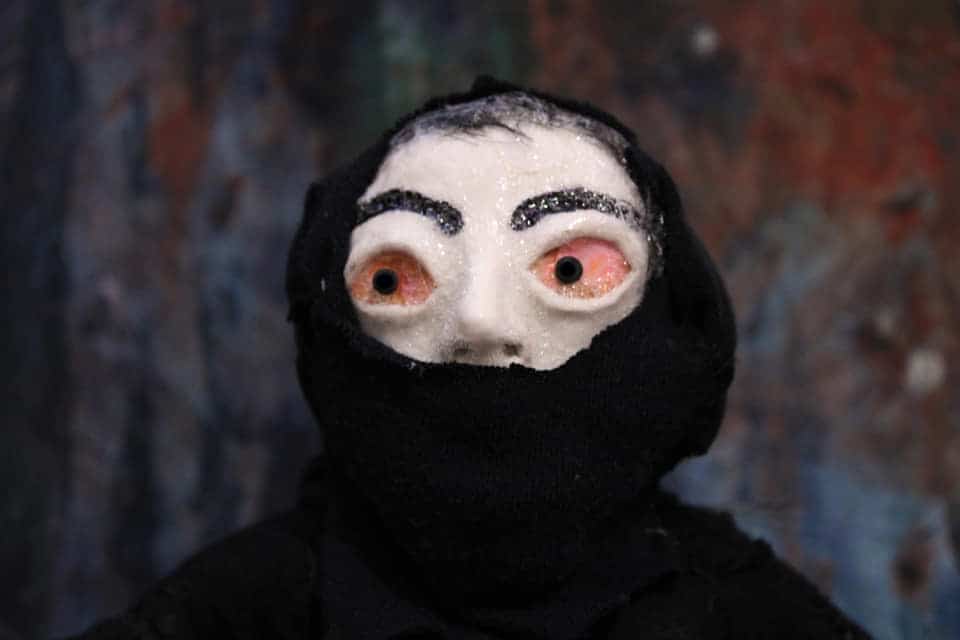While budgets were far more compromised in the 1970s, there would be a rise in more bold and unorthodox cinema coming from the Japanese film industry. Norms were challenged before in the previous decades, but it was more rampant at this point than before, so much that there was an increase in projects that tread the line of exploitation. There was a surge in pessimistic samurai movies, and yakuza features practically became a recurring norm in entertainment. By this point, versatile filmmaker Kon Ichikawa had already challenged audiences with many of his pictures. He would do that again in his surreal jidaigeki work “The Wanderers,” also known as “Matatabi.”
Even for an Art Theatre Guild project, “The Wanderers” is made on compromised funding. Kon Ichikawa and his team filmed entirely on location in Nagano Prefecture and even utilized abandoned houses for some of the set pieces in the narrative. For the director, though, this felt like going back to the basics of the early days of his filmography. Years later, the movie has reached cult status and has a significant following. Filmmaker Shinya Tsukamoto is quite favorable of it and even cites it as an influence when he made his samurai feature “Killing.”
Set in feudal Japan, three swordsmen named Genta, Shuita, and Mokutaro wander around rural landscapes together with a jaded sense of morality. They dedicate their lives to the code of “Toseinin,” the way of life of the unemployed gambling yakuza. The trio continually finds themselves in trouble, whether it be getting into fights, gambling deals going wrong, financial issues, or even the environment they survive within being a continuous obstacle. Their livelihood only worsens things for them, yet they are either blinded by devotion or when there is a sense of coming to terms with the consequences, it is already too late for redemption.
The film is gritty and disturbing but also shockingly funny. The dialogue and scenarios that play out with the characters are sure to get a laugh from viewers, especially with how the main trio interacts with one another. However, “The Wanderers” is also a tragedy when closely examined. People are pushing through poverty in a survival of the fittest environment. The three leads are terrible human beings, yet there is a sadness and pathetic nature to them. Their upbringing and the world around them clearly set them down the wrong path, and it doesn't help that the older generation only contributes to their misguided way of life. There is no sense of justice, but a cruel world that operates on anarchy, a harsh point in history without a sense of morality, and what sense of morals there is, it is twisted. There is a constant drive to achieve greatness, yet there is never any accomplishment.
Everyone puts in a good performance, especially the three leads who wonderfully play off each other. Ichiro Ogura showcases his range as an actor in the role of Genta, a character who progressively becomes more despicable throughout the story, yet later realizes the atrocities he's committed and attempts to make amends, although by then, the damage is done. Kenichi Hagiwara is entertaining as Mokutaro, as he continually tries to pass himself off as a tough guy yet frequently humiliates himself. Isao Bito excels as Shuita, the most naïve and immature of the trio, who ends up going through horrible circumstances. Finally, Reiko Inoue nails it as Okumi, a young woman forced into prostitution and easily the film's most sympathetic and humane character. It is sad seeing terrible things happen to her and how she's practically gotten used to it in her life. Yet there is a sense of hope when she stands up for herself later in the story
Budget cuts don't withhold Ichikawa from creating a visually pleasing movie. “The Wanderers” is beautifully shot with superb cinematography by Setsuo Kobayashi, which often effectively utilizes hand-held techniques that give it a documentary feel at points. The historical attention to detail is also terrific here, with beautiful landscapes contrasted with the gritty society. The music score by Kurisu Tei and Asami Yukio is wonderful, with a great balance of being chaotic in moments and laid back in others.
The fight scenes in “The Wanderers” are also worth highlighting. Typically, samurai action in jidaigeki movies is between skilled warriors. Here, we see inexperienced fighters engage in confrontation with choreography that is best described as intentionally chaotic, improvised, and at times comedic. That is not a detriment to the film, though. The fight scenes are entertaining and intense. When the feature gets gory, it does not shy away from being graphic and brutal.
“The Wanderers” is a great film and one deserving more attention. It balances out being darkly funny and poignant with the world and characters it presents. The gritty, low-budget filmmaking mixed with some fine performances makes for a viewing experience that is disturbing yet bizarrely engaging. Viewers will appreciate what the movie accomplishes with little money and its message of the dangers of a misguided reality. It is easily one of the more underrated period pieces from 1970s Japanese cinema.


